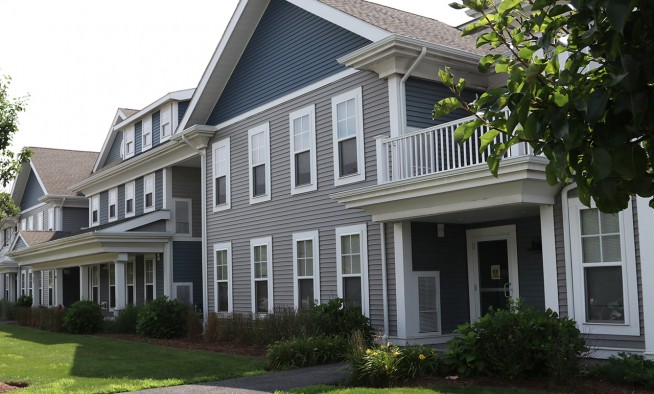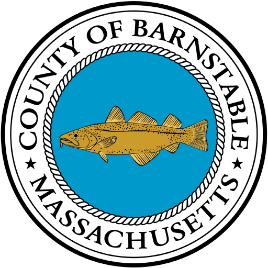Communities by Design: Orleans, Eastham and Falmouth
Finding the right balance between community need, community preference and financially viable development is the goal of a new effort by the Cape Cod Commission. In collaboration with three Cape Cod communities, the Commission received funding from the Massachusetts Executive Office of Energy and Environmental Affairs to develop model housing designs for compact development in three different, but typical Cape Cod development patterns. Each will focus on compact design forms, allowing more units with fewer infrastructure demands, while maintaining the character of the surrounding community.
Case studies in Eastham, Orleans and Falmouth were selected because the communities are engaged in local conversations about regulatory reform that supports the compact form appealing to a variety of life-stages and incomes. These communities broadly represent common development types on Cape Cod, allowing knowledge gained from this study to be broadly transferable across other towns. Public meetings were held on June 19 with a joint meeting of Orleans and Eastham stakeholders at the Eastham Public Library and June 26 in Falmouth at the Falmouth Public Library.
Union Studio Architecture and Community Design of Providence R.I. was retained to develop the models and other tools aimed at meeting housing diversity needs. In addition to architectural models, Union Studio and the Commission will develop model form-based zoning bylaws, which emphasize issues of appropriate scale and design over use.
Along with addressing regulatory reforms to provide greater density in areas that can support, it will be necessary to create designs that are accepted by community residents and financially viable for developers. In many ways, it’s a return to traditional development patterns, which focuses development in village centers and other areas of activity.
The project will engage the development community through a Developers Roundtable, providing development proforma, and developing a model concept form-based-code regulation. Engaging practitioners in the visioning stages for compact development will allow stakeholders to share feedback, best practices, areas of need, and other knowledge that will assist in its implementation in the region.
Once designed, the Commission will be able to demonstrate these models “in place,” utilizing its digital 3D model of Cape Cod.
Related Posts




